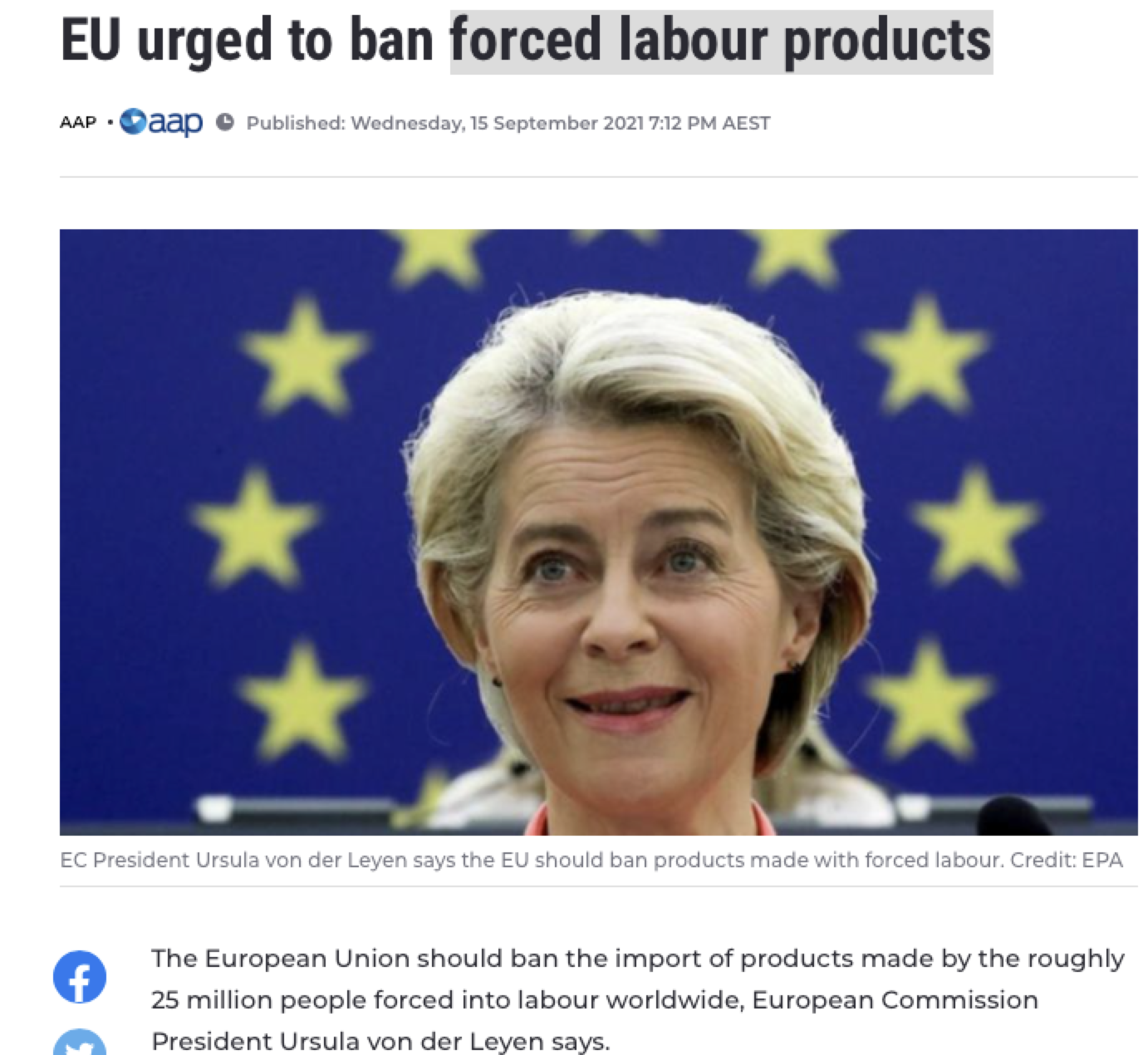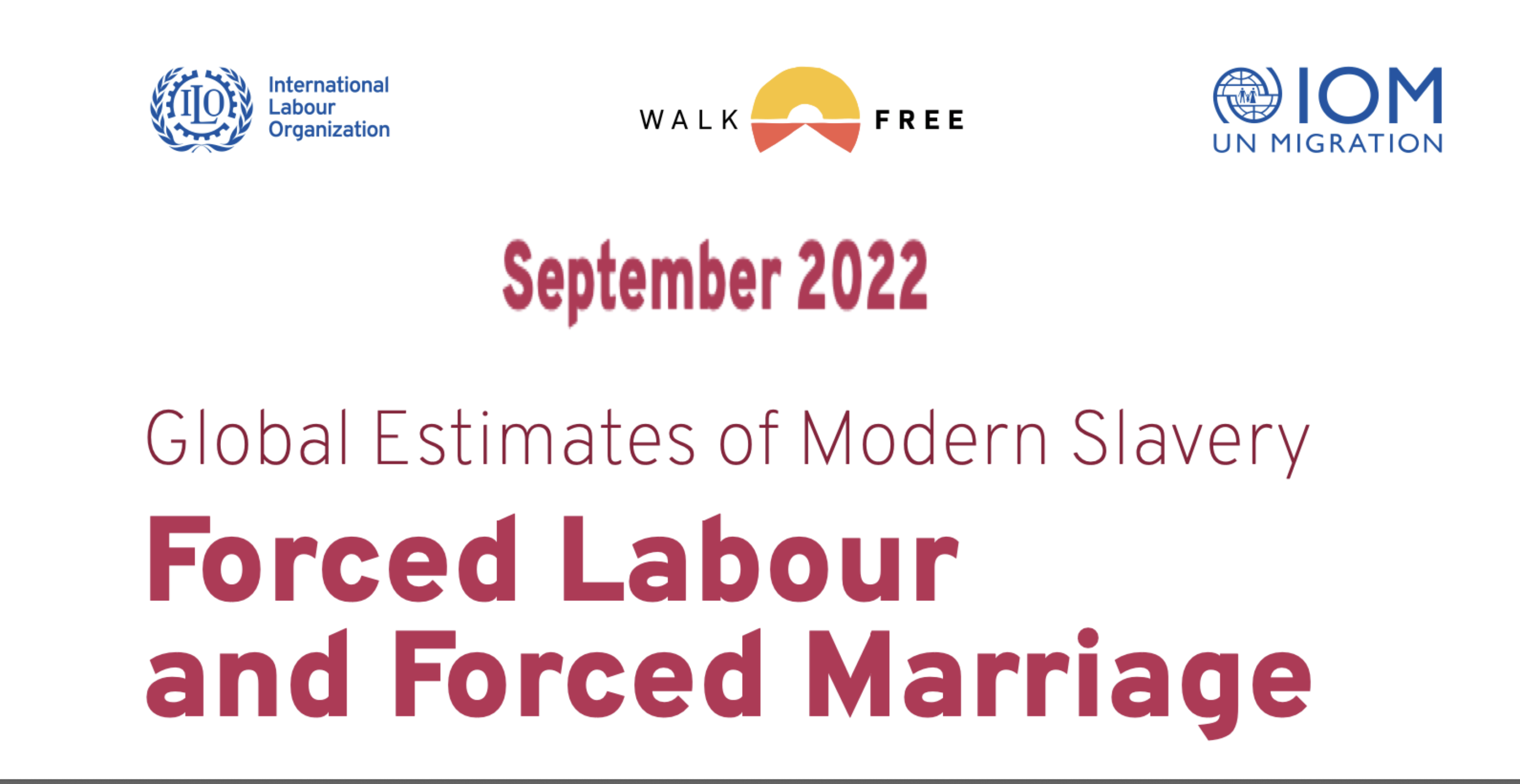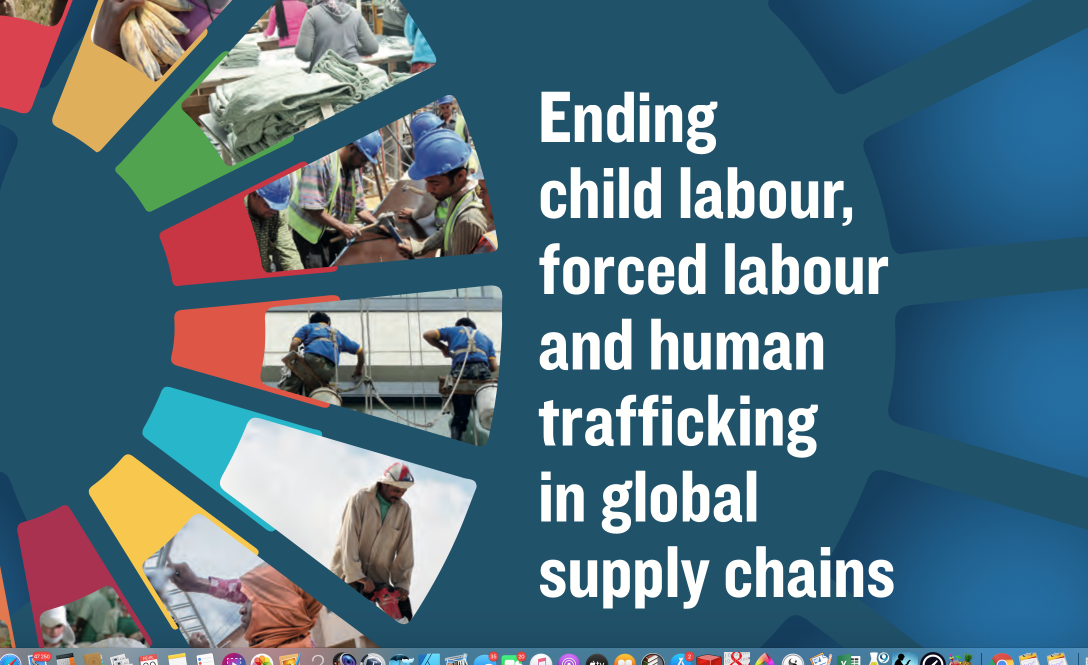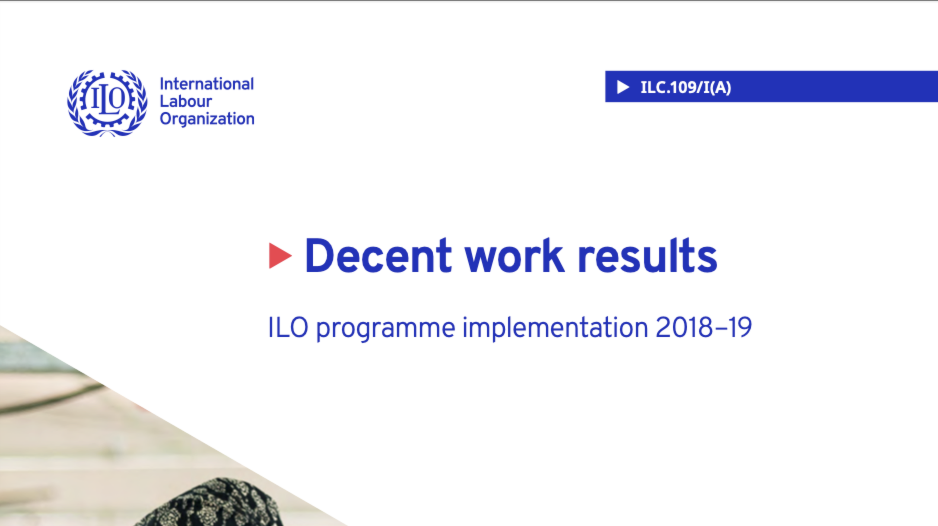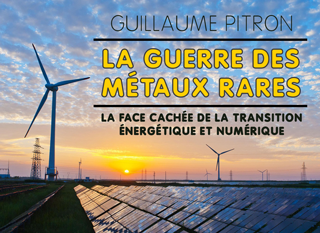The European Union should ban the import of products made by the roughly 25 million people forced into labour worldwide, European Commission President Ursula von der Leyen says.
“We can never accept that (people are) forced to make products and that these products then end up for sale here in shops in Europe,” the EU executive branch chief said, announcing that she would propose such a ban at an unspecified date.
“Global trade around the world, that is good and necessary, but this can never, ever be done at the expense of people’s dignity and freedom,” she said.
The commission already published “due diligence” guidelines for companies on how to avoid supporting forced labour in July.
But EU lawmakers have also been pushing for a new instrument to help stamp out the import of products made by people coerced into work either by a state or by private actors.
According to the International Labour Organisation (ILO), common sectors for forced labour are domestic work, construction, factory manufacturing, agriculture and fishing, as well as the sex industry.
“Forced labourers produced some of the food we eat and the clothes we wear, and they have cleaned the buildings in which many of us live or work,” the ILO wrote in a 2017 report.


